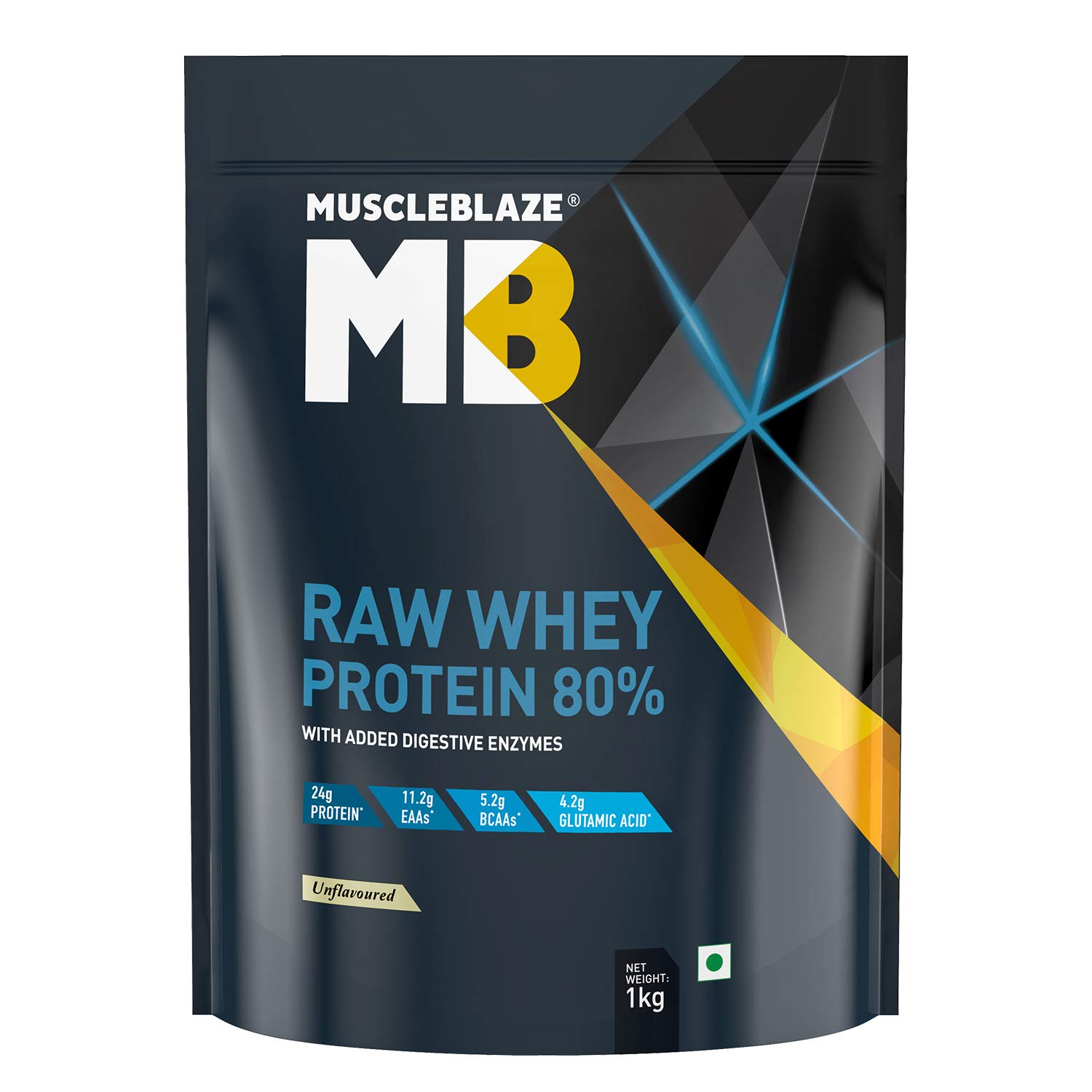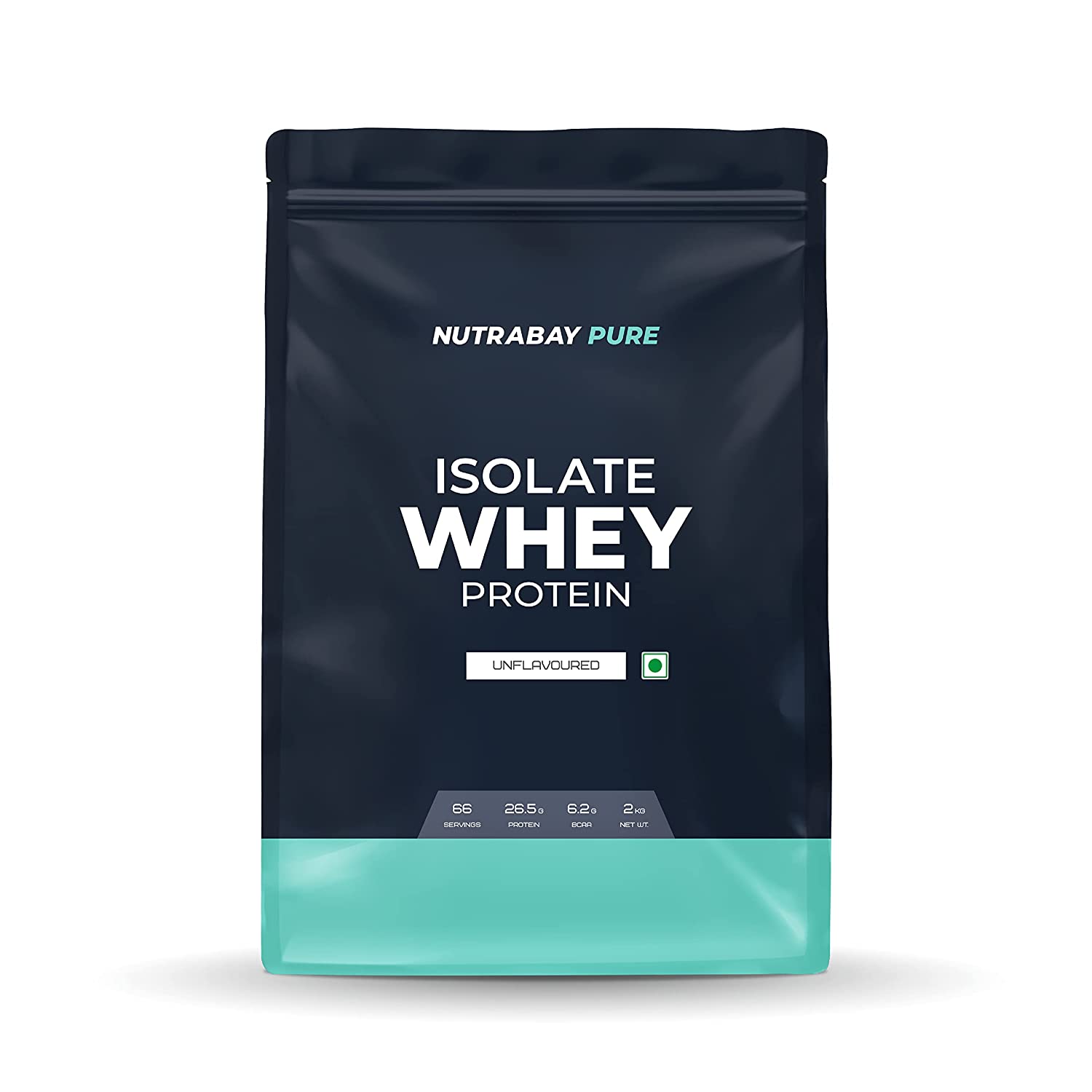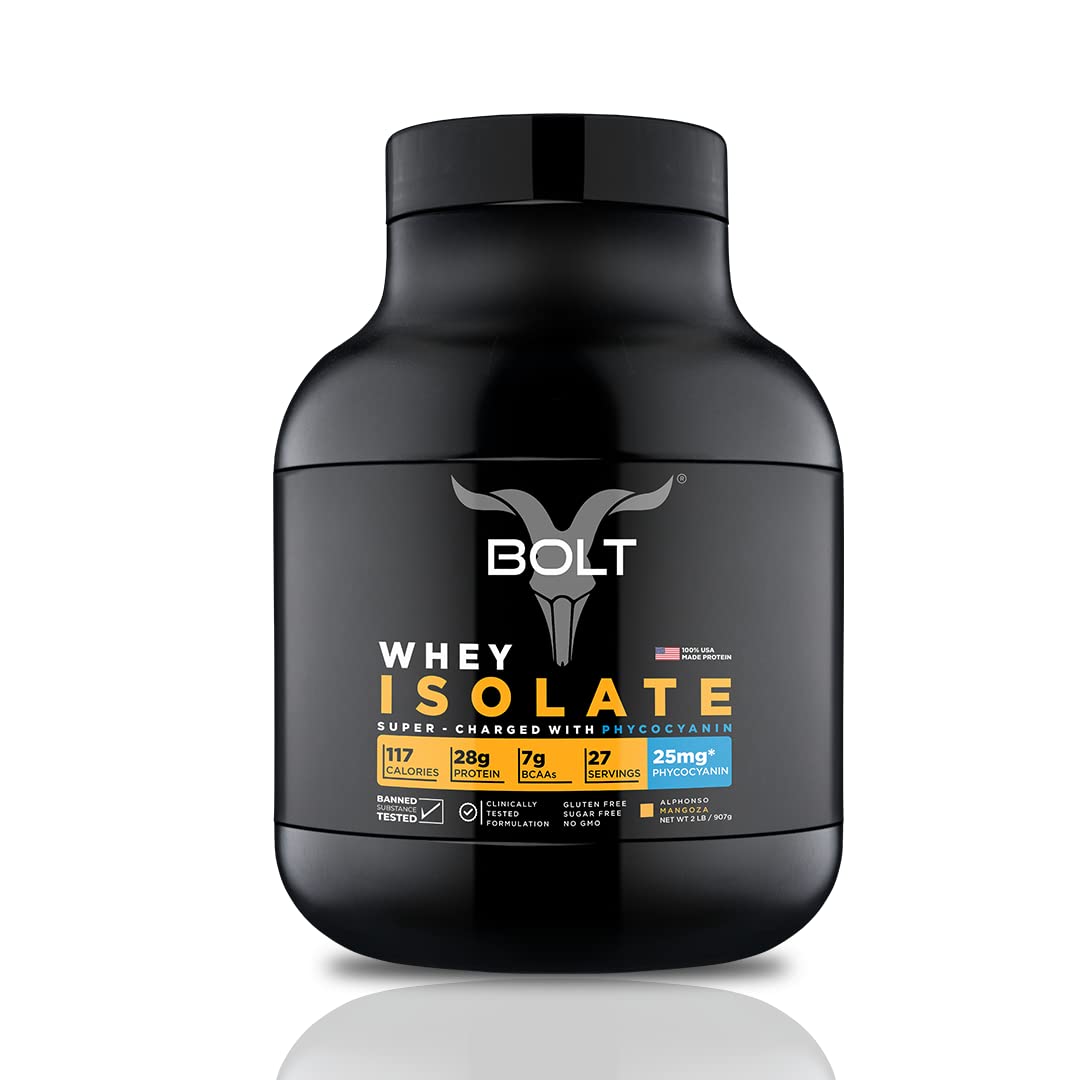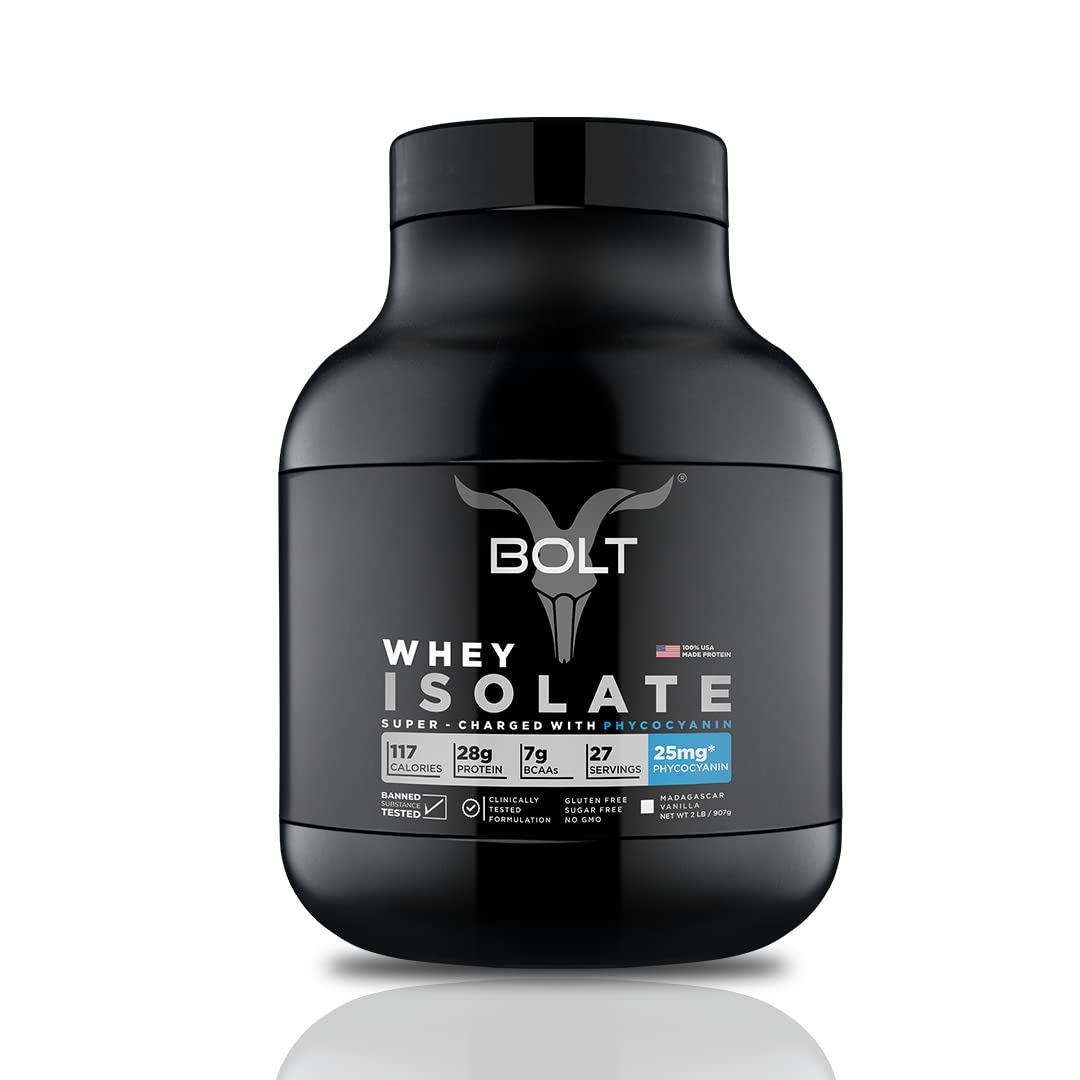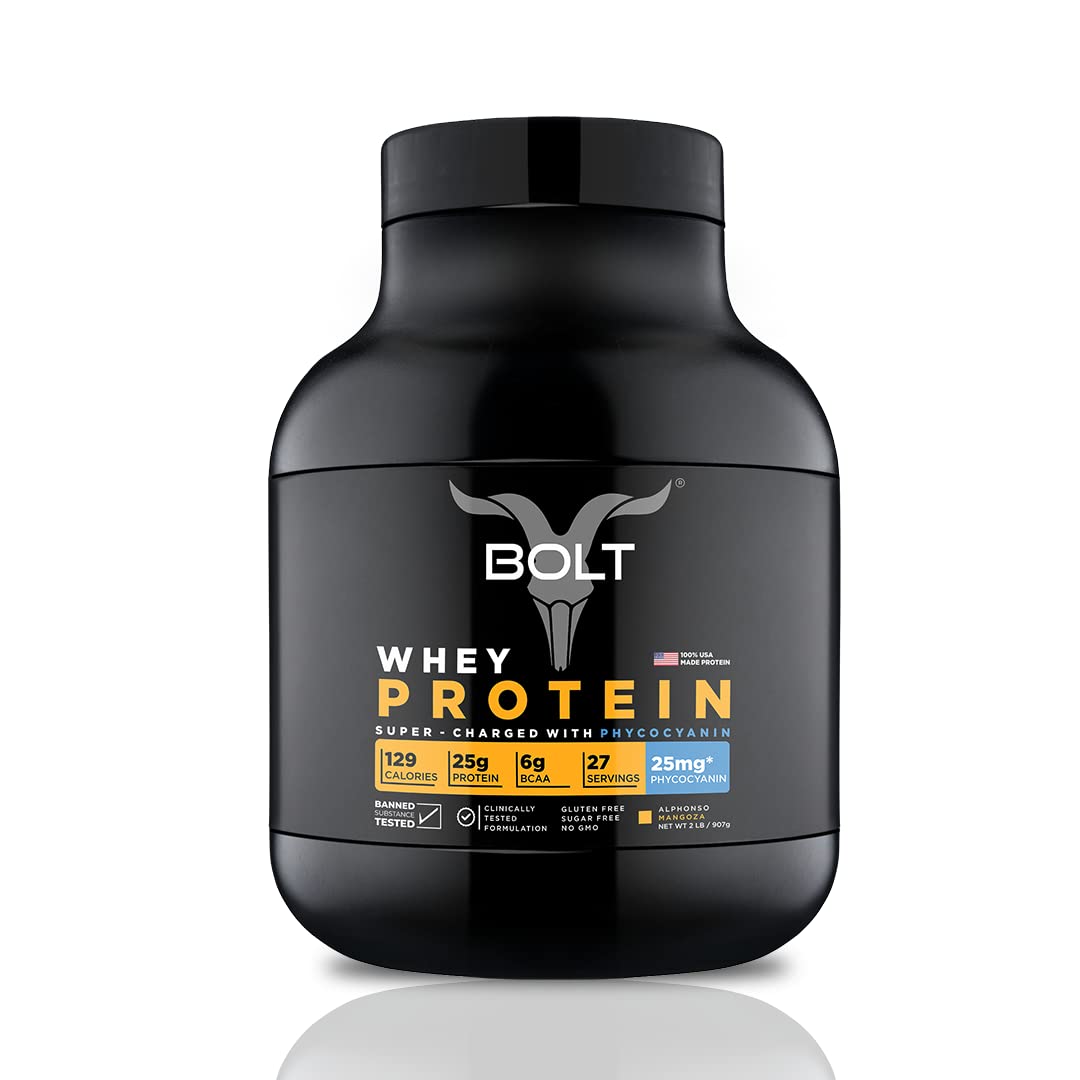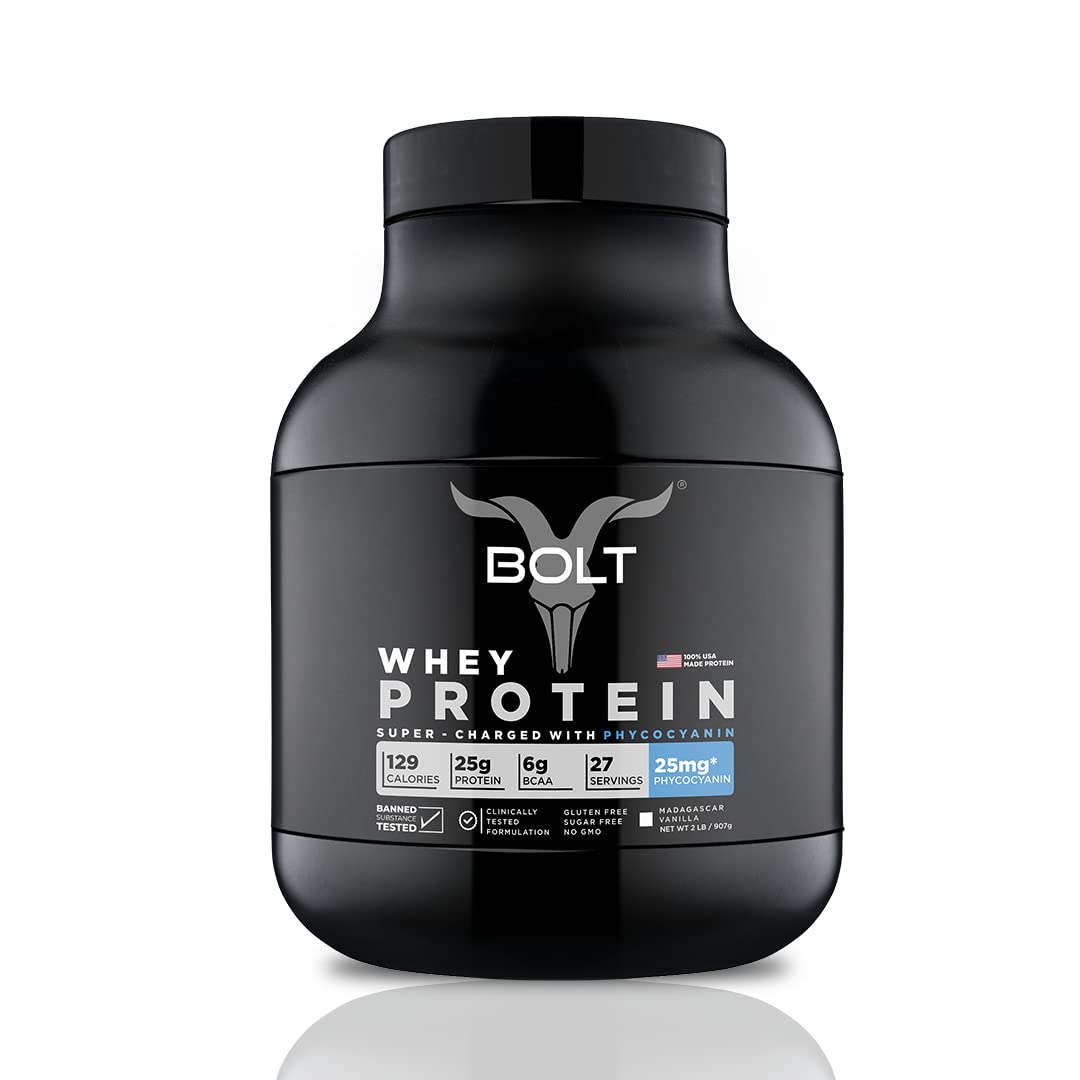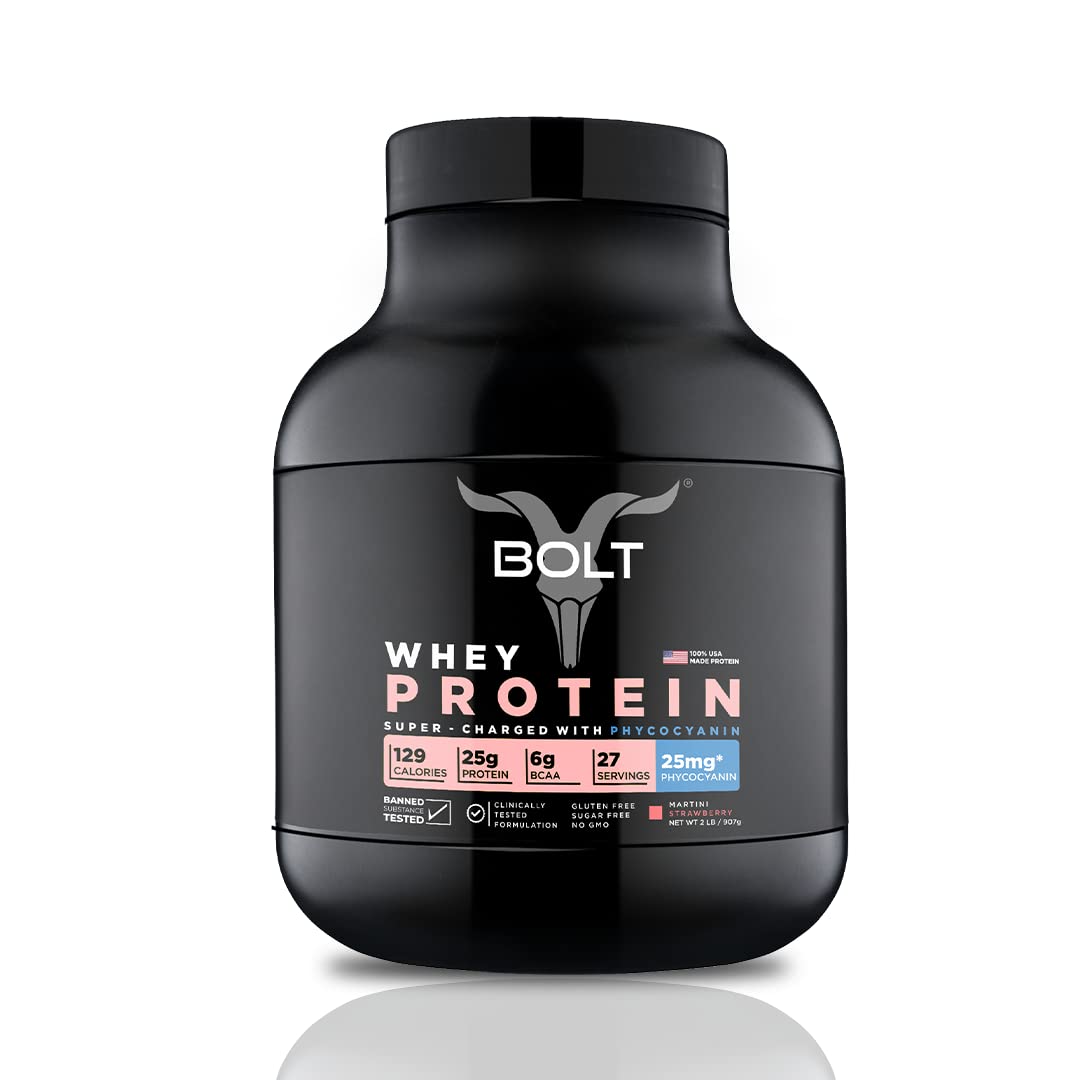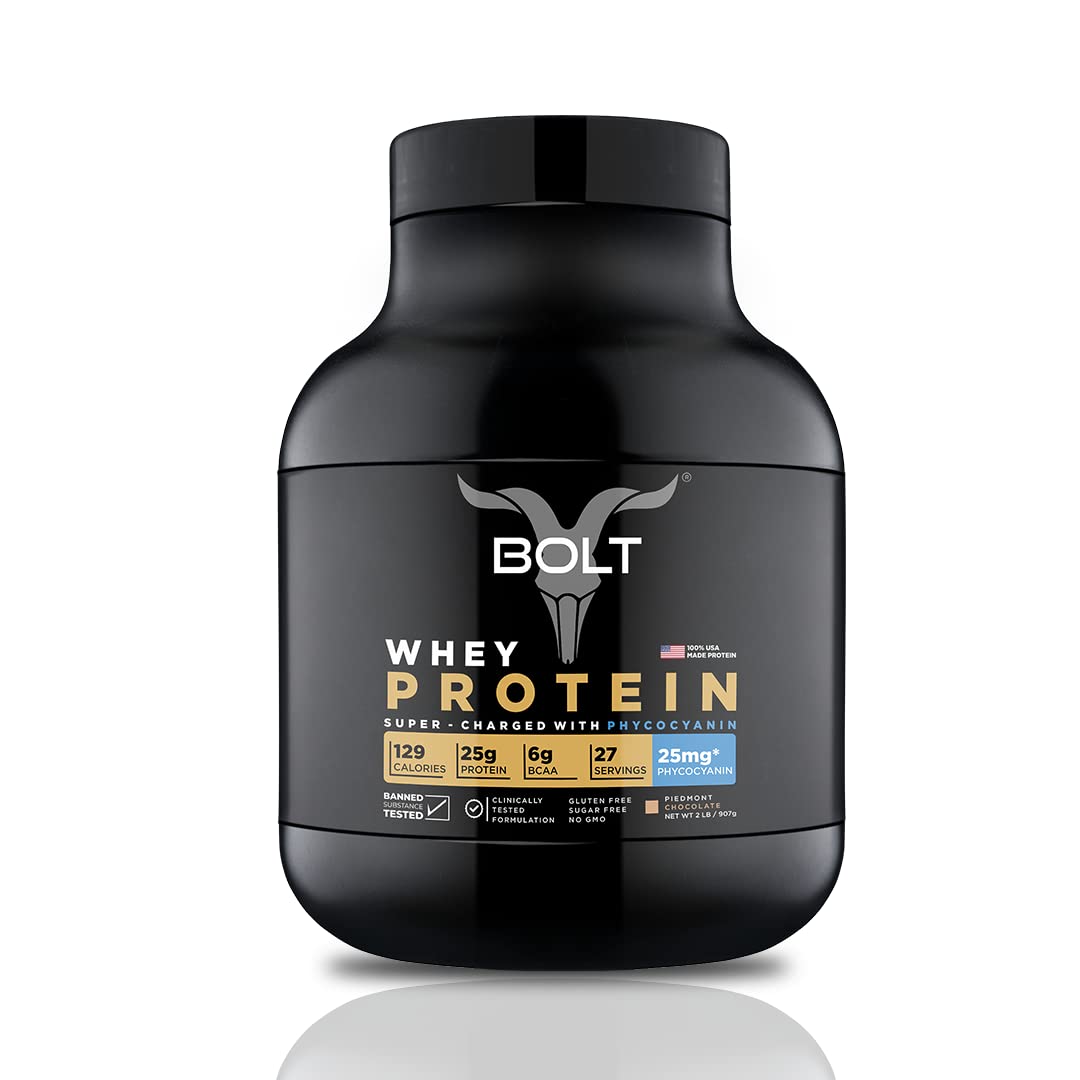EAAs (Essential Amino Acids)
Macronutrient
Last update date: October 11, 2023
Essential amino acids are the ones, that the body cannot produce itself. Its daily requirement has to be met through food.
Frequently Asked Questions
1.
What is EAAs (Essential Amino Acids)?
Essential Amino Acids, or EAAs for short, are a combination of nine different amino acids that are essential for your body's proper functioning. These amino acids include leucine, isoleucine, valine, histidine, lysine, methionine, phenylalanine, threonine, and tryptophan. Your body cannot produce these amino acids on its own, so it's necessary to obtain them from food or supplementation. Amino acids are the building blocks of proteins, which play a vital role in muscle growth, repair, and overall health. Complete proteins, such as meat, fish, eggs, and certain plant sources like quinoa and chia seeds, contain all nine essential amino acids required by your body.
2.
What is positive impact of EAAs (Essential Amino Acids)?
Consuming essential amino acids through a well-balanced diet or concentrated doses in supplemental form has been associated with several positive impacts on your health. These include potential improvements in mood, enhanced exercise performance, faster recovery from physical exertion, and assistance with wound healing and surgery recovery. Essential amino acids are involved in various bodily processes, supporting the synthesis of new proteins, promoting muscle growth, and contributing to mental well-being. Adding essential amino acids to your diet, whether through food sources or supplementation, may offer additional health benefits beyond their basic role in protein synthesis.
3.
What is negative impact of EAAs (Essential Amino Acids)?
Potential risks of concentrated amino acid supplements include nausea, headache, and discomfort. Long-term supplementation with amino acids can affect blood sugar levels, so it's advisable to avoid them before and after surgery. Experts generally advise against taking supplements containing a single amino acid to maintain the proper balance of amino acids in your body. Consulting with a healthcare professional before starting amino acid supplementation is recommended.
4.
Who should avoid EAAs (Essential Amino Acids)?
Determining who should avoid essential amino acids specifically is not necessary, as these amino acids are required by all individuals for their proper bodily functions. However, there may be specific cases where caution is needed. For instance, individuals with certain medical conditions or those undergoing surgical procedures should consult their healthcare provider before starting any new supplements, including amino acid supplementation. Furthermore, individuals who are allergic to or have adverse reactions to specific amino acids should avoid consuming them in their isolated form. Overall, it is important to seek personalized medical advice if you have any concerns or specific health conditions that may impact the use of essential amino acids.
5.
What are common sources of EAAs (Essential Amino Acids)?
Complete protein sources contain all nine essential amino acids required by your body. Animal-based complete protein sources include meat, seafood, poultry, eggs, and dairy products. Plant-based complete protein sources include soy and pea protein. Incorporating a variety of these complete protein sources in your diet ensures a balanced intake of essential amino acids. Whether you follow an omnivorous or plant-based diet, you can meet your essential amino acid needs by including a combination of animal and plant protein sources in your meals.
6.
Which are symtoms of EAAs (Essential Amino Acids) deficiency?
A deficiency of essential amino acids can have significant implications for your health. Inadequate intake of these amino acids can lead to muscle wasting, impaired growth and development, weakened immune function, and decreased mental acuity. Common symptoms of deficiency include fatigue, weakness, slow wound healing, and brittle hair and nails. Vegetarians and vegans who exclude animal products from their diet may be at a higher risk of developing essential amino acid deficiencies, as plant-based foods often lack certain amino acids. To prevent deficiencies, it's important to maintain a well-rounded and diverse diet that includes various sources of protein, both from animal and plant origins, to ensure you meet your essential amino acid requirements and support optimal health.


